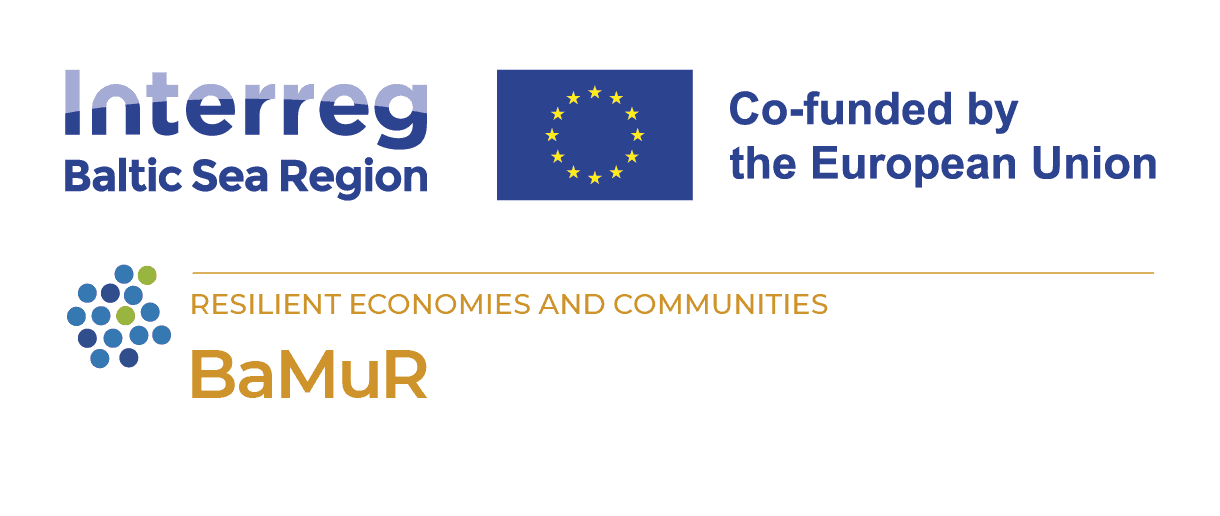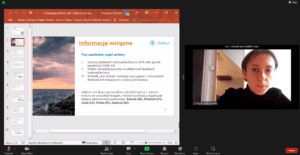
Stakeholders meeting in Poland
27 November 2023
The main aim of the meeting was to discuss the results of the questionnaire conducted among the key stakeholders of the BaMuR project and discuss the joint approach for resilient museums following the developed methodology in order to obtain input for the joint actions and model to be developed at the later stages of the project. All institutions who filled in the questionnaire have been invited to the meeting.
Participants of the meeting:
- National Museum in Szczecin – represented by Anna Suchocka
- The Cultural Centre in Gdynia – represented by Beata Nawrocka
- The Baltic Sea Cultural Centre in Gdansk – represented by Monika Kostka
- Policy Area Coordinator EUSBSR PA Culture, Adam Mickiewicz Institute – represented by Magdalena Kleszczewska
- Balteus Foundation – represented dr Tomasz Kołomański, Anna Kraszewska, Agata Wawrowska
At the beginning of the meeting, Balteus Foundation presented the final report in Polish that is available here. The surveyed institutions were compelled to implement significant changes to their functioning. The most prevalent alterations included the transition from live events and activities to online platforms, adopting remote work practices, enhancing the digital competences of their staff, implementing visitor restrictions, altering communication channels with stakeholders, and implementing cost-cutting measures. These changes were primarily driven by official government regulations and restrictions, as well as the necessity to adapt to the conditions imposed by the pandemic.
Even though the majority of the institutions evaluated these changes as successful, they still had some difficulties in implementing them. These included: generally increased costs of operating (purchase of equipment, staff training etc.), lack of preparation for the situation, lack of necessary funds, lack of required skills among the employees.

PPs discussed changes introduced by cultural and memory institutions as a result of the crisis. The most important general changes that the organisations made as a result of the crisis included:
- working remotely;
- changing the choice of channels of communication with stakeholders;
- digitizing various activities and elements of the institution’s programme;
- introducing online activities;
- increasing employees’ digital competences;
- implementing visiting restrictions;
- introducing outdoor events.
Some institutions stated that they wouldn’t do anything differently in the time of crisis. However, some indicated that they would limit the number of online events since at some point the audience was no longer interested in them. Alternative possible solutions included: organising events outdoors, expanding publishing activities. On the other hand, one entity wrote that they would be willing to expand their online activities even more.





